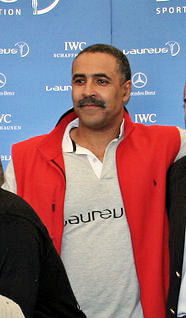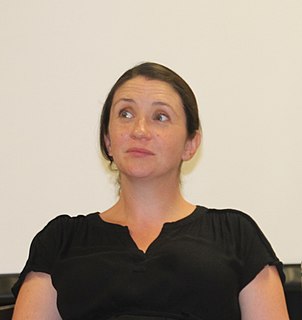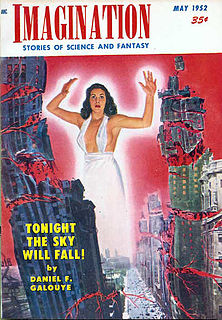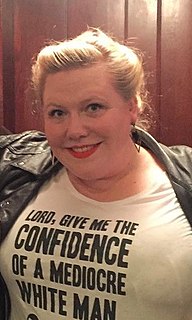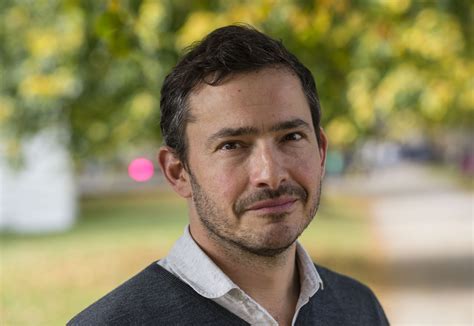A Quote by Eve Ensler
I was a waitress for nine years, which I don't regret at all. It taught me about discipline. I was always writing; it took a long time to make a career of it.
Related Quotes
I was in the doldrums for a while after my athletics career ended in 1992. I spent six to eight hours a day training, for 18 years, and it took a long time to get over the regret that I wasn't competing in major championships any more. All I ever wanted to be was the best. But I find new projects and I keep things in perspective.
My first job was as a waitress, and I waitressed for a long, long time. I was a very bad waitress. I didn't care if people had ketchup or if they were allergic to fish. It really didn't bother me either way. I didn't care. I was bad, but it was a good way to make money. And it's a fun job if you are working with fun people.
The hardest part about writing fiction is finding long stretches of time to do it: for me, this means writing mostly on Saturdays and Sundays. But I am always thinking about my characters, jotting down ideas in stolen moments and hoping I'll be able to make sense of them when the weekend rolls around.
Certainly, writing a book was challenging. It took me a long time to learn how to do it. It took me seven years to get a sense of how to wean myself off the process and trickery of songwriting. You realize that giant metaphors work in songs because you have so few words. Standing alone on a page, they threaten to be overblown in a hurry.
It's funny - for a long time, I didn't know I was writing a book. I was writing stories. For me, each story took so long and took so much out of me, that when I finished it, I was like, Oh my gosh, I feel like I've poured everything from myself into this, and then I'd get depressed for a week. And then once I was ready to write a new story, I would want to write about something that was completely different, so I would search for a totally different character with a different set of circumstances.
I've been doing short-form writing for a decade, and six years ago I signed with an agent, and we've been working on figuring out what my book would be. I was always so embarrassed that it took me so long to figure it out, but I think, in retrospect, I just wasn't ready to write a book six years ago. I wasn't confident enough as a writer and I wasn't coherent enough in my worldview. It just took this long for me to be a mature enough writer and be ready to do it.
To become a chess grandmaster also seems to take about ten years. (Only the legendary Bobby Fisher got to that elite level in less than that amount of time: it took him nine years.) And what's ten years? Well, it's roughly how long it takes to put in ten thousand hours of hard practice. Ten thousand hours is the magic number of greatness.
Finding the form was really a very dynamic process. I went through a lot of shifting, trying to get it right. Because the writing took place over such a long time, it's hard for me to pinpoint when specific things happened, but basically the final version only materialized in the last two or so years. It was there, but it took me a while to see it and then to refine it after I'd seen it.
In high school, in 1956, at the age of sixteen, we were not taught "creative writing." We were taught literature and grammar. So no one ever told me I couldn't write both prose and poetry, and I started out writing all the things I still write: poetry, prose fiction - which took me longer to get published - and non-fiction prose.

